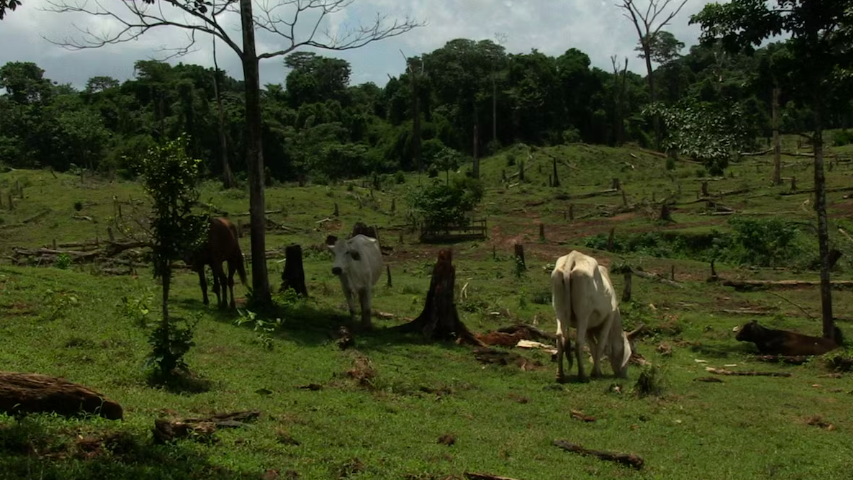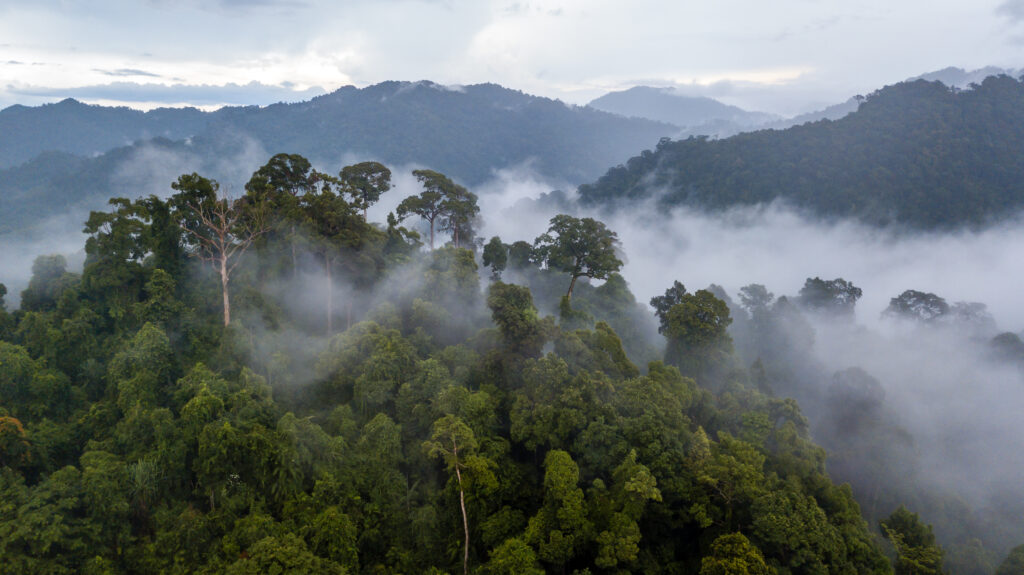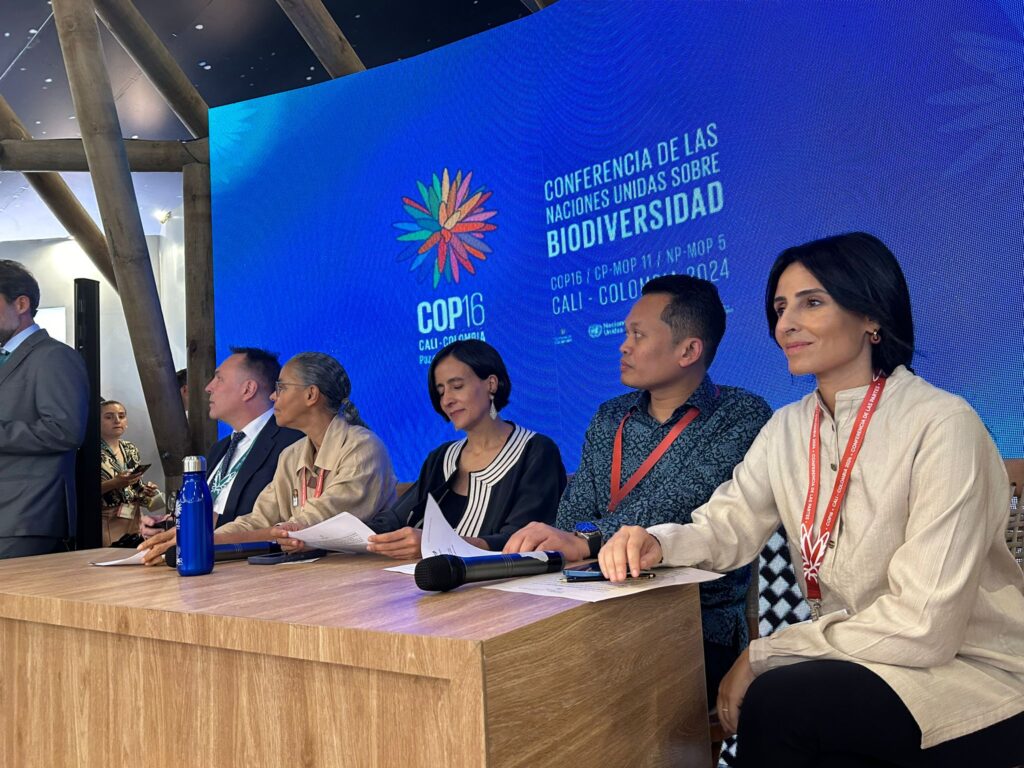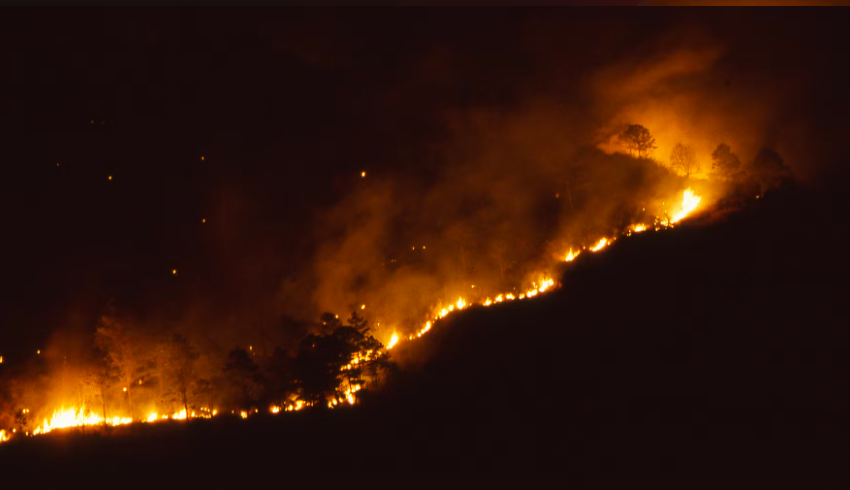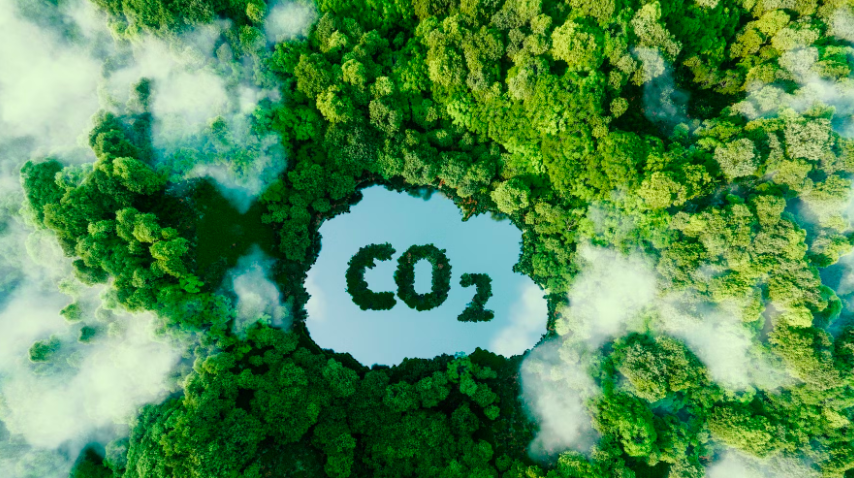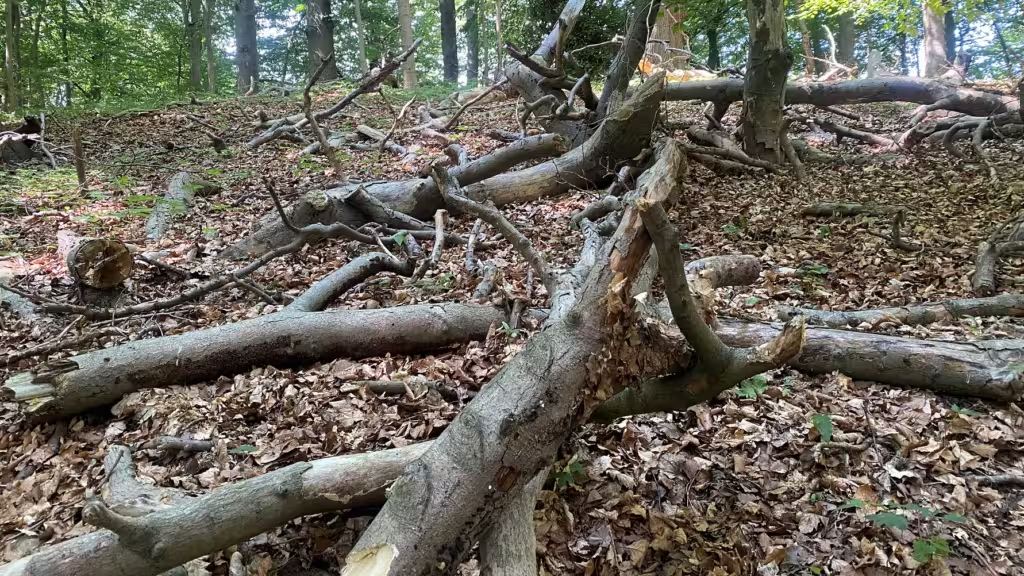The massacre is part of the ongoing conflict between Indigenous Peoples and settlers, who are supported by the Nicaraguan government in their pursuit of land and resources.
Just a few days ago, 12 individuals from the Indigenous Miskitu and Mayangna Peoples were killed in a massacre by armed Nicaraguan settlers. The attack took place in a rural district of the Bosawás Nature Reserve in northeastern Nicaragua, near the country’s Caribbean coastline. The area is plagued by illegal mining, logging, and land theft carried out by violent farmers, and the Indigenous Peoples in the region have repeatedly been threatened, assaulted, and killed. The problem is further exacerbated by the government’s economic interests and the passive stance of the international community, who continue to buy products such as beef, produced on stolen and deforested land.
Ifølge organisationen Center for Legal Assistance for Indigenous People (CALPI), en nicaraguansk NGO, var dette angreb af særlig brutal karakter. Angriberne var bevæbnede med macheter og skydevåben, og de oprindelige folk blev tortureret ihjel og deres lig hængt op i træer. Trods dette, fortalte en beboer til en lokal radiostation, reagerede politiet ikke på henvendelser om angrebet. Det nicaraguanske magasin ’Confidencial’ bekræfter desuden, at der stadig ikke er foretaget undersøgelser på gerningsstedet, og at massakren ikke officielt er anerkendt af regeringen. Angrebet er det fjerde registrerede mod oprindelige folk i Bosawas Naturreservat i år, men ligesom nu har staten, politiet og militæret også tidligere nægtet både at foretage efterforskning og retsforfølge de ansvarlige. Det er på trods af, at FN’s højkommissær for menneskerettigheder under FN’s Menneskerettighedsråd opfordrer til at “træffe effektive foranstaltninger i samråd med oprindelige folk for at forebygge og imødegå den stigende vold begået mod dem, herunder ved at foretage hurtige og uafhængige undersøgelser af påståede drab begået af væbnede grupper.”
Repeated Attacks
The massacre of Indigenous Peoples in the country is part of a series of attacks, abuses, and violations of the rights of Indigenous Peoples, whose territories are invaded, cleared of forest, and plundered for natural resources. In recent years, threats and violence have escalated, and more Indigenous Peoples have been threatened, assaulted, and murdered by intruders seeking their land and clearing forests for profit.
“The latest attack is far from an isolated incident, but part of an escalating pattern of violence and displacement being inflicted upon Indigenous communities,” stated Anuradha Mittal, executive director of the Oakland Institute, an independent political organisation advocating for the environment and author of the renowned report Nicaragua’s Failed Revolution.
International Passivity
The crisis is closely linked to the government’s failure to protect Indigenous Peoples. On the contrary, there is effectively a green light given for killings and land takeovers, with the government itself having connections to those who steal land and clear forests. The Nicaraguan government has, for example, encouraged mining, cattle ranching, and resource extraction in the country’s forested areas, including the territories of Indigenous Peoples and other protected areas. Settlers, locally referred to as ‘colonos’, and other resource hunters have thus been given favourable conditions at the expense of the Indigenous population, the rainforests, and all the life that inhabits them. It has also had a significant impact that the international community has remained silent. Countries like the US have even bought large amounts of beef from the cattle ranching that contributes to deforestation and attacks on Indigenous Peoples. This effectively ignores the violence and destruction of invaluable rainforests and ecosystems caused by exploitation in the country.
Many Killed Since Last Year
Since January of last year, at least 49 people from Indigenous Peoples’ groups have been killed, according to the Centre for Justice and Human Rights on Nicaragua’s Atlantic Coast (CEJUDHCAN), an NGO working in the area. At the same time, hundreds have been violently displaced from their communities and land. The immense pressure on the people in these territories has forced many to seek refuge in Honduras. Forests of the World works with Indigenous Peoples’ rights and forest conservation in Nicaragua and Honduras and is closely monitoring this serious situation.
Pressekontakt
Jonas Schmidt Hansen
Hvem er Verdens Skove?
Vi arbejder for at bevare verdens skove. Både i Danmark og verdens regnskove. Nogle af vores fokusområder er bæredygtighed og lokal forankring.
Seneste artikler
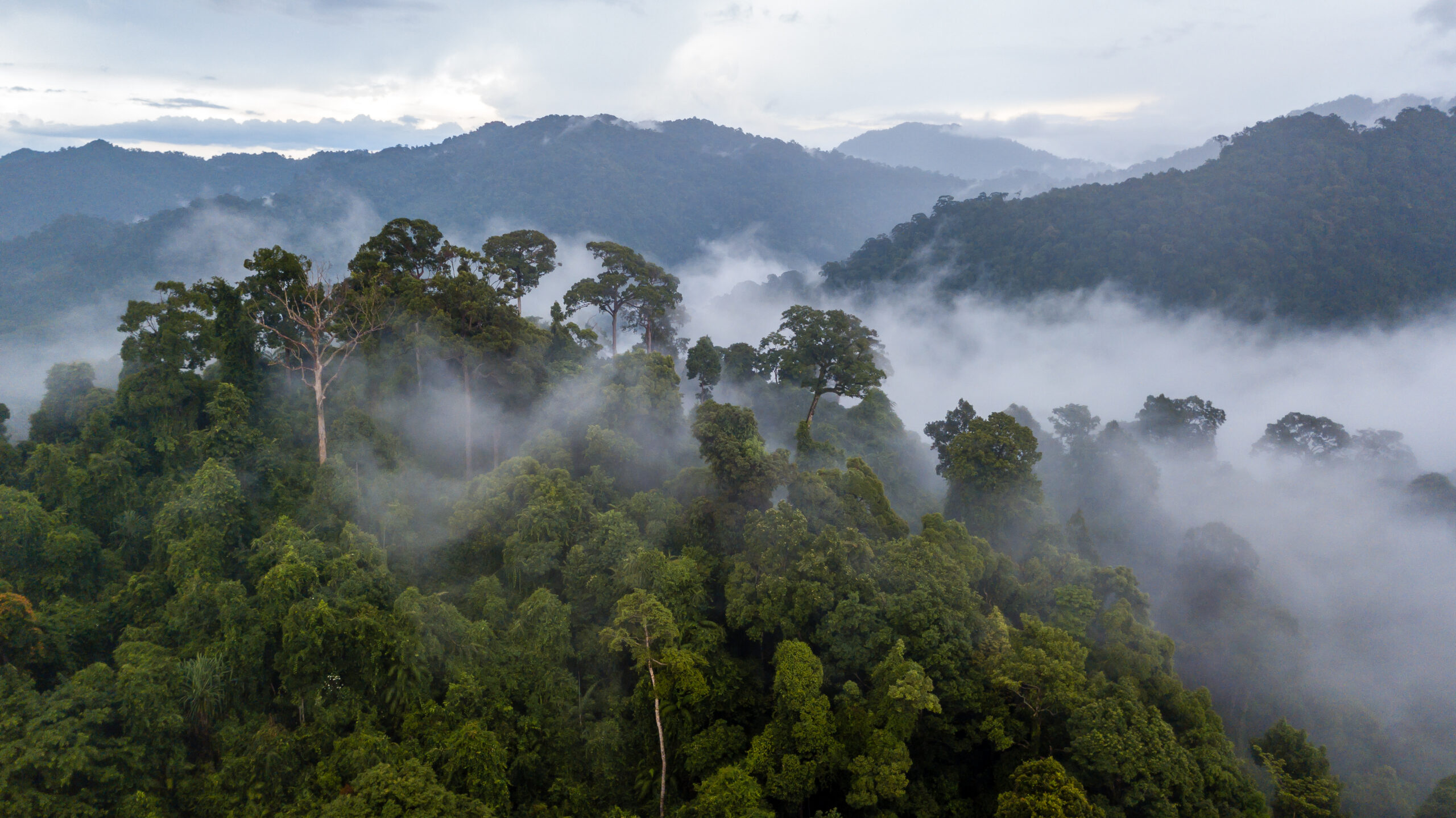
Få nyheder fra skoven
Du får fortællinger, events, kampagneoplysning og skovnyheder fra hele verden.
